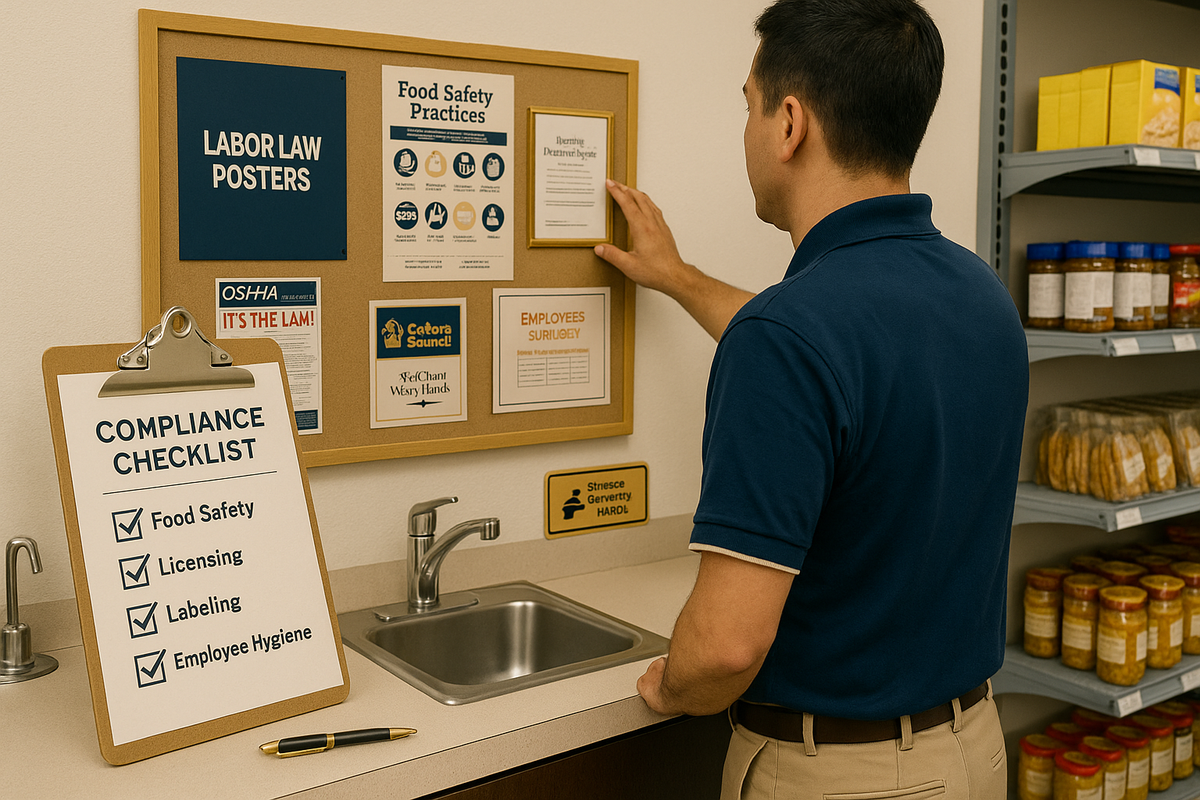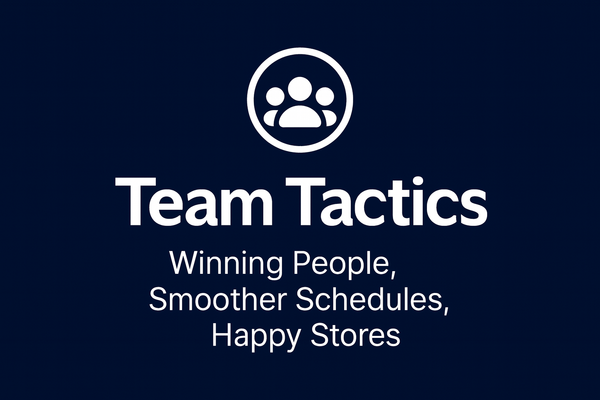How to Ensure Regulatory Compliance in a Convenience Store
Understanding regulatory compliance is crucial for protecting your convenience store from costly fines and maintaining operating licenses.

Understanding how to ensure regulatory compliance in a convenience store is crucial for protecting your business from costly fines and maintaining operating licenses. This comprehensive approach helps managers navigate complex regulations while maintaining smooth daily operations.
Identifying Key Compliance Areas
Convenience stores face multiple regulatory requirements spanning food safety, alcohol sales, tobacco products, and workplace safety. Manager Sarah recommends creating a compliance matrix that outlines federal, state, and local requirements specific to your location. This systematic approach prevents oversight of critical regulations.
Start by consulting your local health department, alcohol beverage control board, and fire marshal's office. Each jurisdiction has unique requirements that supplement federal guidelines.
Food Safety Compliance Implementation
Food safety regulations form the backbone of convenience store compliance. Implement proper temperature monitoring for refrigerated items, maintaining logs that demonstrate consistent cold chain management. Store manager Brandon emphasizes training all employees on proper food handling procedures, including handwashing protocols and cross-contamination prevention.
Establish cleaning schedules for food preparation areas, coffee stations, and self-serve food displays. Manager Christina maintains detailed sanitization logs, documenting when each area was cleaned and by whom. This documentation proves invaluable during health inspections.
Alcohol Sales Regulatory Framework
Alcohol sales compliance requires strict age verification procedures and hours-of-sale adherence. Train staff to check identification for anyone appearing under 40, and implement a policy requiring manager approval for questionable situations. Manager Derek uses a three-step verification process: check ID, verify authenticity, and confirm customer sobriety.
Post required signage regarding legal drinking age and sales restrictions. Some jurisdictions prohibit alcohol sales during specific hours or on certain holidays, making compliance calendars essential tools.
Tobacco Product Standards
Tobacco regulations continue evolving, with new age verification requirements and product restrictions. Manager Elena ensures all tobacco products remain behind the counter and implements robust ID-checking procedures. Train employees to recognize fake identification and understand penalties for selling to minors.
Maintain current licenses and permits, as tobacco regulations often require specific certifications for retailers.
Daily Monitoring Systems
Create daily compliance checklists covering temperature logs, cleaning schedules, and employee certification status. Manager Frank conducts morning walkthroughs using standardized forms that document compliance status across all regulatory areas.
Implement a digital system for tracking employee training completion and certification renewals. This prevents lapses that could result in violations during inspections.
Documentation and Record Keeping
Proper documentation protects your business during regulatory inspections. Store manager Grace maintains organized files for all permits, licenses, training records, and inspection reports. Digital backups ensure records remain accessible even during system failures.
Keep incident reports for any compliance-related issues, documenting corrective actions taken and prevention measures implemented.
Staying Current with Regulatory Changes
Subscribe to industry publications and regulatory agency newsletters to stay informed about changing requirements. Manager Henry attends quarterly compliance seminars offered by trade associations, bringing updated information back to his team.
Establish relationships with local regulatory officials who can provide guidance on interpretation and implementation of new requirements.
Conclusion
Learning how to ensure regulatory compliance in a convenience store requires systematic identification, implementation, and monitoring of standards across all operational areas. Through consistent training, documentation, and proactive monitoring, managers can maintain compliance while focusing on customer service and profitability. Regular compliance audits and staff education create a culture of accountability that protects both your business and your customers.





